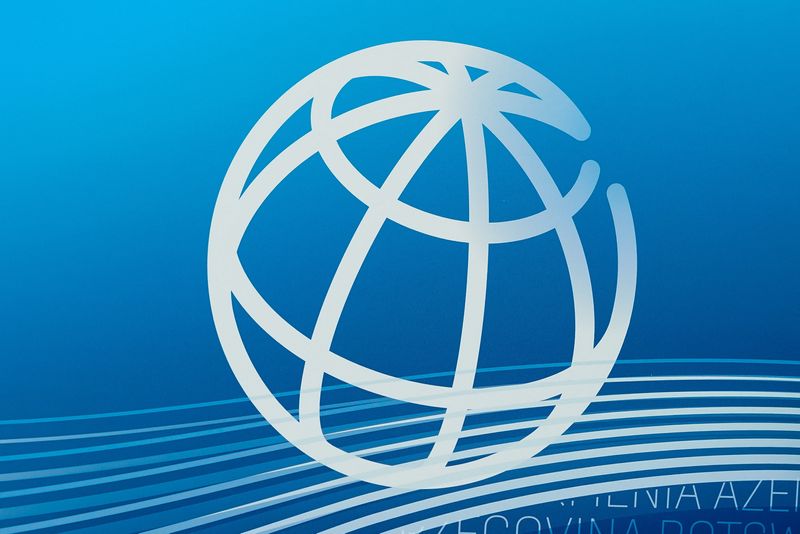By Andrea Shalal
WASHINGTON (Reuters) -The Inter-American Development Bank and World Bank on Friday issued separate reports on callable capital, the emergency capital pledged by governments but not paid in, that could help multilateral development banks expand their lending capacity.
The reports followed months of technical studies and reverse stress tests that showed shareholders viewed their commitments to provide the emergency capital as legally binding, but saw a remote chance it would ever be needed.
The IDB bank said it conducted reverse stress tests that showed all its shareholders considered obligations for callable capital legally binding, but a call on the emergency capital remained a “highly remote scenario.” The World Bank said its analysis showed the likelihood of a call was “extremely remote.”
IDB said its senior management was confident that credit rating agencies would find the analysis useful in assessing the value of callable capital. The study is part of a major push by the IDB and other multilateral banks to expand the resources available to help poor countries fight climate change.
The World Bank said its review of the procedures and governance of callable capital had provided more clarity and transparency about shareholders’ commitments, and could pave the way for changes to allow more lending.
“This information will help rating agencies to better assess the value of callable capital to Multilateral Development Banks (MDBs),” it said. “Additional recognition by rating agencies of the value of callable capital could potentially allow the World Bank and other MDBs to expand financial capacity to tackle growing development needs and improve the lives of millions.”
Similar reports on callable capital are being published by the African Development Bank, the Asian Development Bank and the European Bank for Reconstruction and Development.
A senior U.S. Treasury official said the reports marked progress after months of hard work, with attention to turn now to increased engagement with the credit ratings agencies.
“These statements should really give confidence that there’s potential scope to give more value to callable capital,” the official told Reuters. “This was meticulous, detailed work on the part of the MDBs and the shareholders were really happy.”
U.S. Treasury Secretary Janet Yellen has asked the MDBs to prioritize incorporating “a prudent share” of callable capital into their capital adequacy frameworks, as part of broader reforms aimed at expanding funding options to help developing countries amid a worsening climate crisis.
Senior executives at multilateral development banks (MDBs) have been meeting with top credit ratings agencies amid a broad push to expand their lending capacity and help countries brace for climate change and other challenges.
Several studies say the World Bank and other MDBs could expand their lending capacity by hundreds of billions of dollars if the ratings agencies modified the allowance they make for callable capital, without jeopardizing their AAA credit ratings, which enable them to borrow at low rates and pass on the savings to developing countries.
